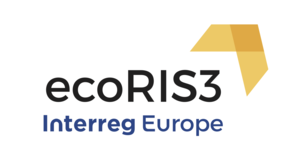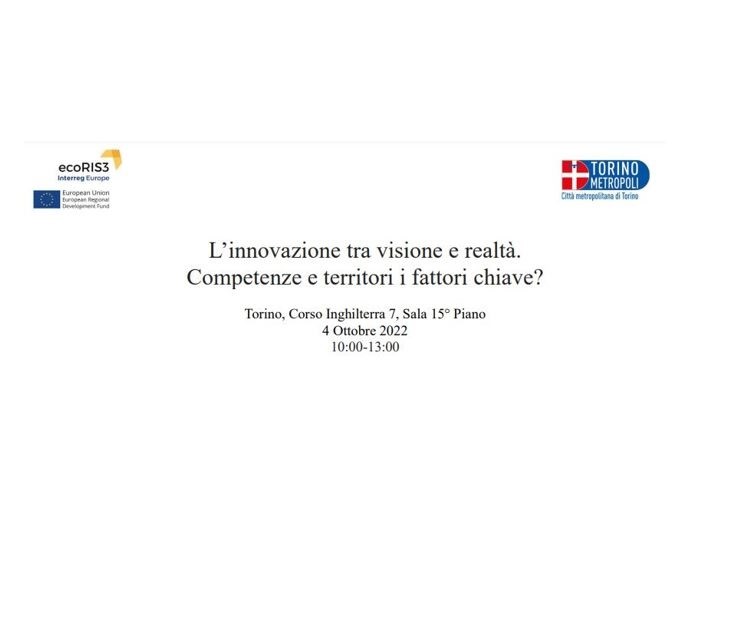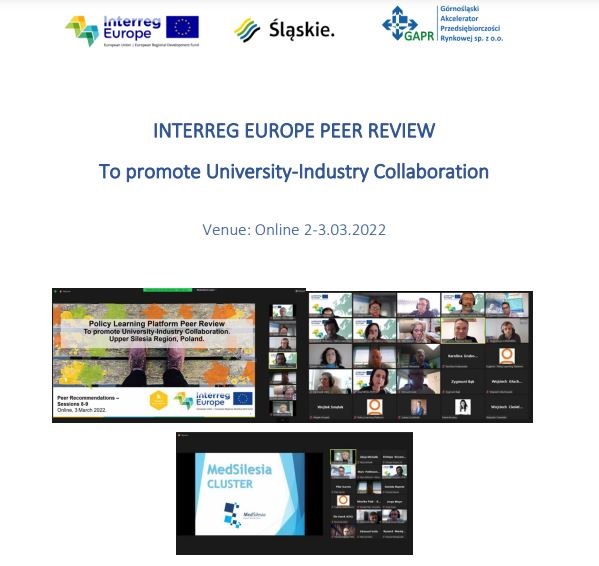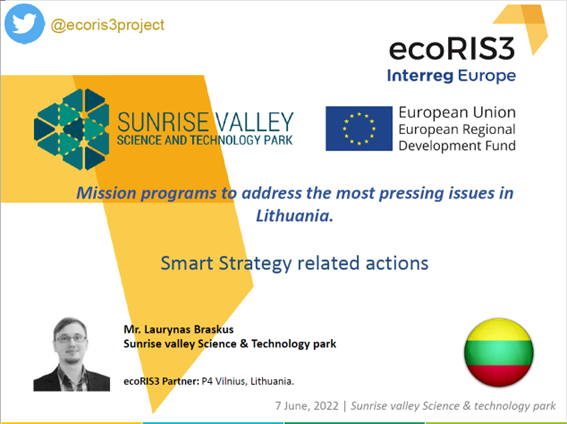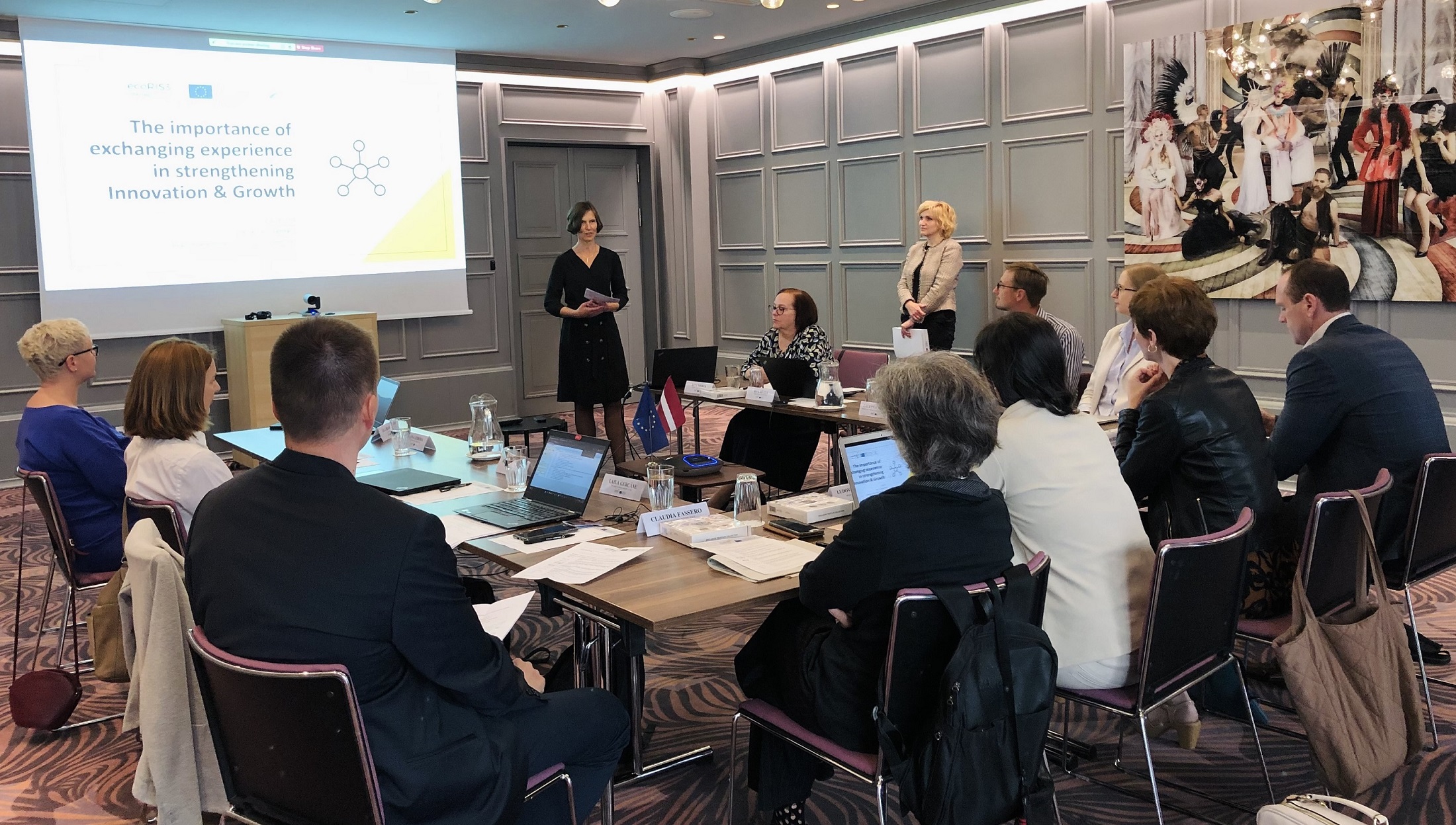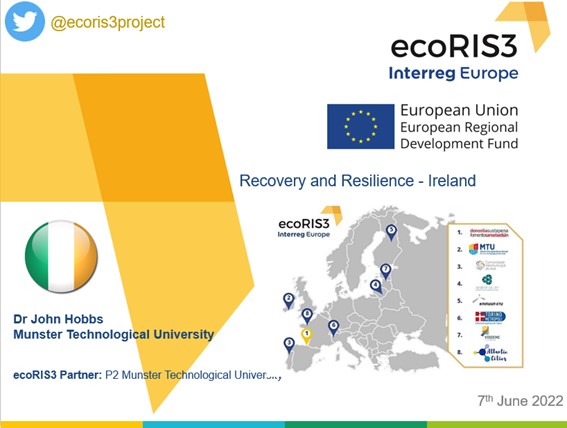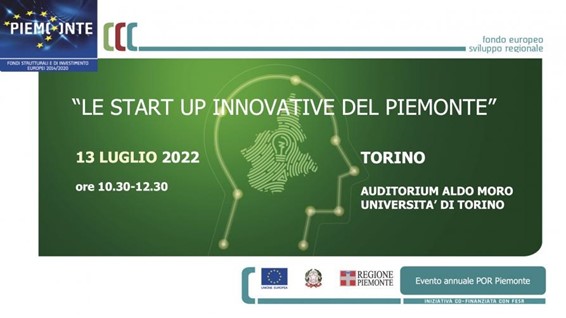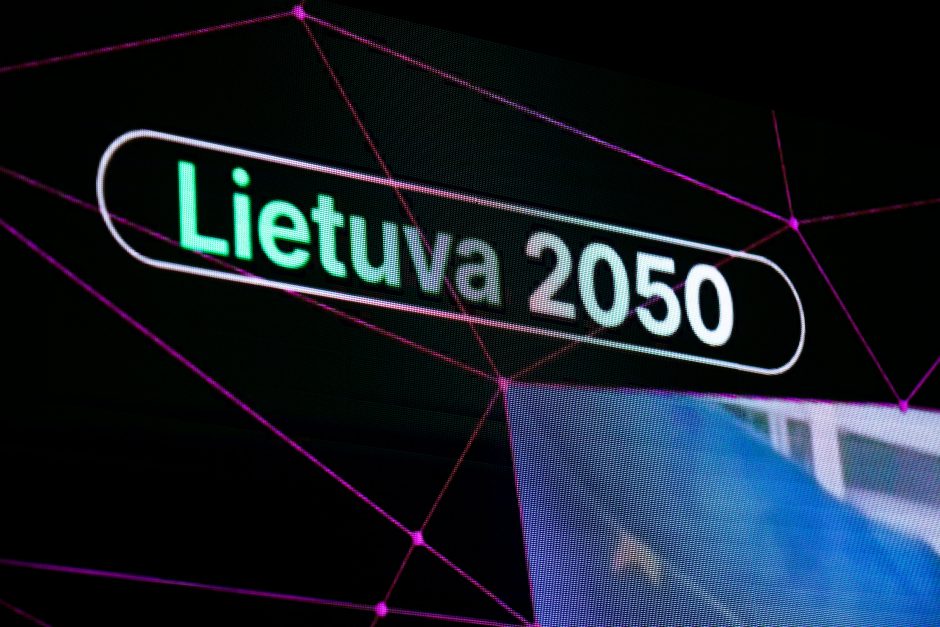Focusing on traditional business sectors based in the North Region of Portugal (such as textile, food, metalworking), the project raised awareness to the importance of incorporation of nanotechnology in their manufacturing processes or products thereby increasing competitiveness and adding value to their products in the global market.
Through the project, a dynamic nanotechnology knowledge transfer ecosystem was promoted, by implementing a set of activities (such as workshops, demonstration actions, etc) to increase technology exploitation into new products and services, highlighting products that integrate nanotechnology/nanomaterials and that have positively impacted and/or address solutions for societal challenges. A coordinated action to optimize the use of research resources sharing the existing knowledge in the North region of Portugal was provided, enabling the integration of Academia, Technology transfer centres (Portugal C.I.T centres), industrial clusters and enterprises into a single cohesive and comprehensive large technological ecosystem. Although solely targeting the clustering and exploitation of an ecosystem focused on nanotechnologies, the project does provide a generalist roadmap for technological ecosystem dynamization via the integration of separate players of a larger value chain into a large technology focused network. The network generates continuous synergies between technology providers and industrial technology integrators, promoting swift and oriented KET dissemination and integration into new industrial applications and products for the market.

At the end, Nanotech Awards were organized, aiming to recognize and give visibility to the best industrial projects related to implementation and use of nanotechnology in the north of Portugal. It strived to create a movement that acknowledges the innovative practices associated with nanotechnology by mobilizing civil society, companies, universities, associations and research institutes, who are all beneficiaries of nanotechnology developments and applications.
This practice involved a national funding investment of around half million and a team with less than 10 persons.
A considerable number of industrial projects and companies incorporating nanotechnology were identified during the practice period, and disseminated to civil society, companies, universities, associations and research institutes, apprising the innovation carried out in the industrial fabric of North of Portugal in collaboration with technological centres.

For Further information on Nanotech@NortePT see http://nanotechnorte.pt/
